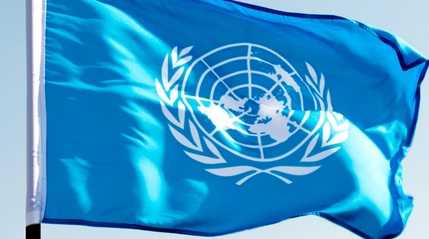
PARIS, June 3 (NNN-AGENCIES) — The first draft of a highly anticipated international treaty to combat plastic pollution should be finished by the end of November, 175 nations gathered in Paris decided Monday after five days of gruelling talks.
The assembly’s negotiating committee called for the preparation of “a zero-draft text” of a “legally binding instrument” ahead of a third round of talks in Nairobi, with the aim of finalising the treaty in 2024.
The decision emerged from an eleventh-hour meeting led by France and Brazil and was adopted by the full plenary at UNESCO’s Paris headquarters.
“Are there are no more interventions on this point?” asked Peru’s Gustavo Meza-Cuadra Velasquez, chair of the forum’s Intergovernmental Negotiating Committee.
“It is so decided,” he continued, as he brought down the gavel.
The breakthrough came after a lot of “knit-picking” and “delaying tactics” by some countries, said France’s minister for ecological transition, Christophe Bechu.
Frustrations bubbled up during the first two days of the talks, which were devoted entirely to a debate over procedural rules, as large plastics producer nations — including fossil fuel supplier Saudi Arabia, as well as China and India — resisted the idea the deal could be decided by a vote rather than by consensus.
Concern over plastics has surged as fragmented microplastics have been found on the world’s highest mountains, in the deepest oceans, in the stomachs of sea birds and in human blood and placentas.
Plastic also contributes to global warming, accounting for 3.4 percent of global emissions in 2019, according to the according to the Organisation for Economic Cooperation and Development (OECD).
On current trends, annual production of fossil-fuel-based plastics will nearly triple by 2060 to 1.2 billion tonnes, while waste will exceed one billion tonnes.
With less than 10 percent recycled and more than a fifth dumped or burned illegally, environmental groups are pushing for the treaty to go beyond recycling or pollution and curb the scale of production.
“The world needs urgently an international plastic treaty, one that regulates production, one that addresses pollution from its very source,” said Li Shuo of Greenpeace.
Dynamics between countries echoes those in international climate negotiations, where “big producer countries are on the defence”, he said, adding that producers want to focus on pollution and not cuts in how much plastic is made.




